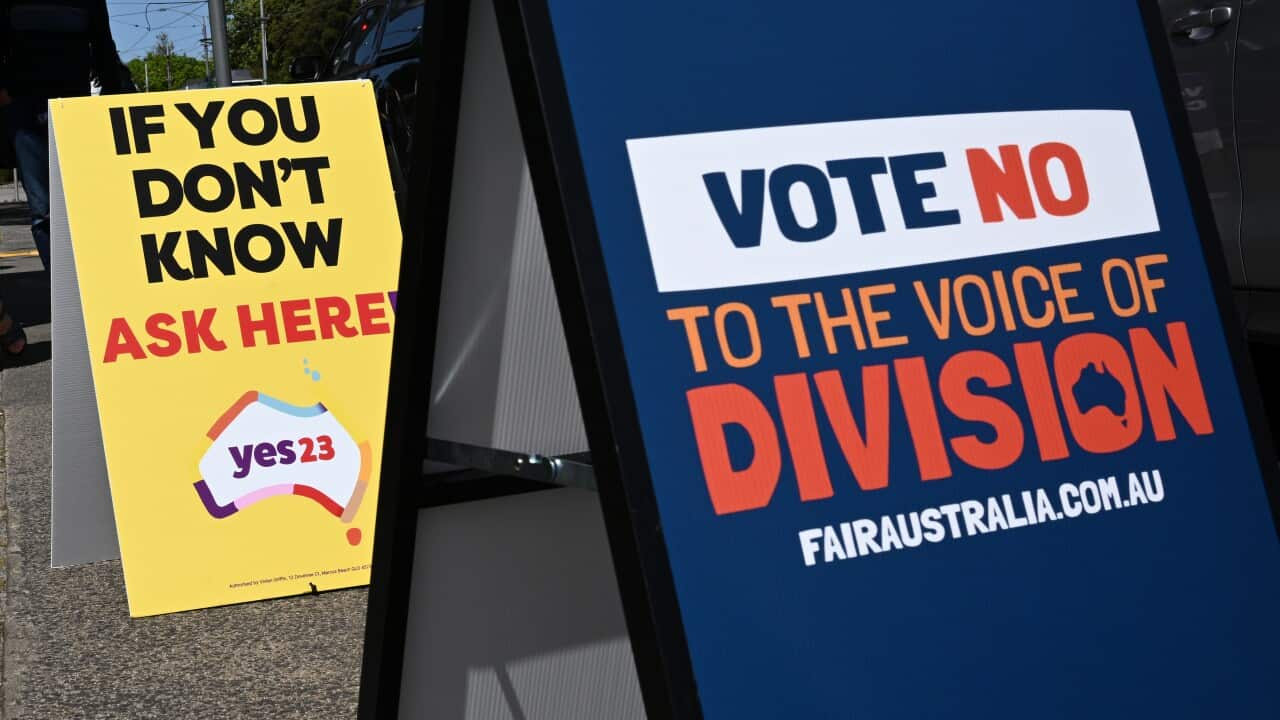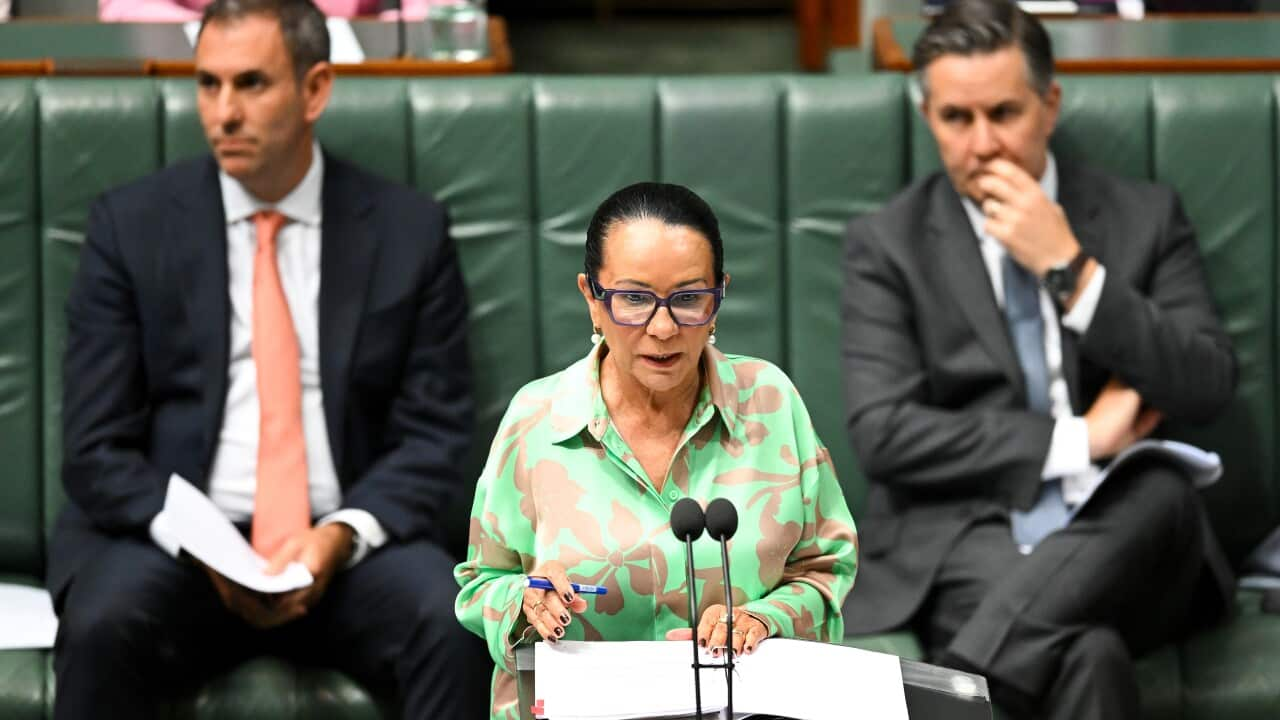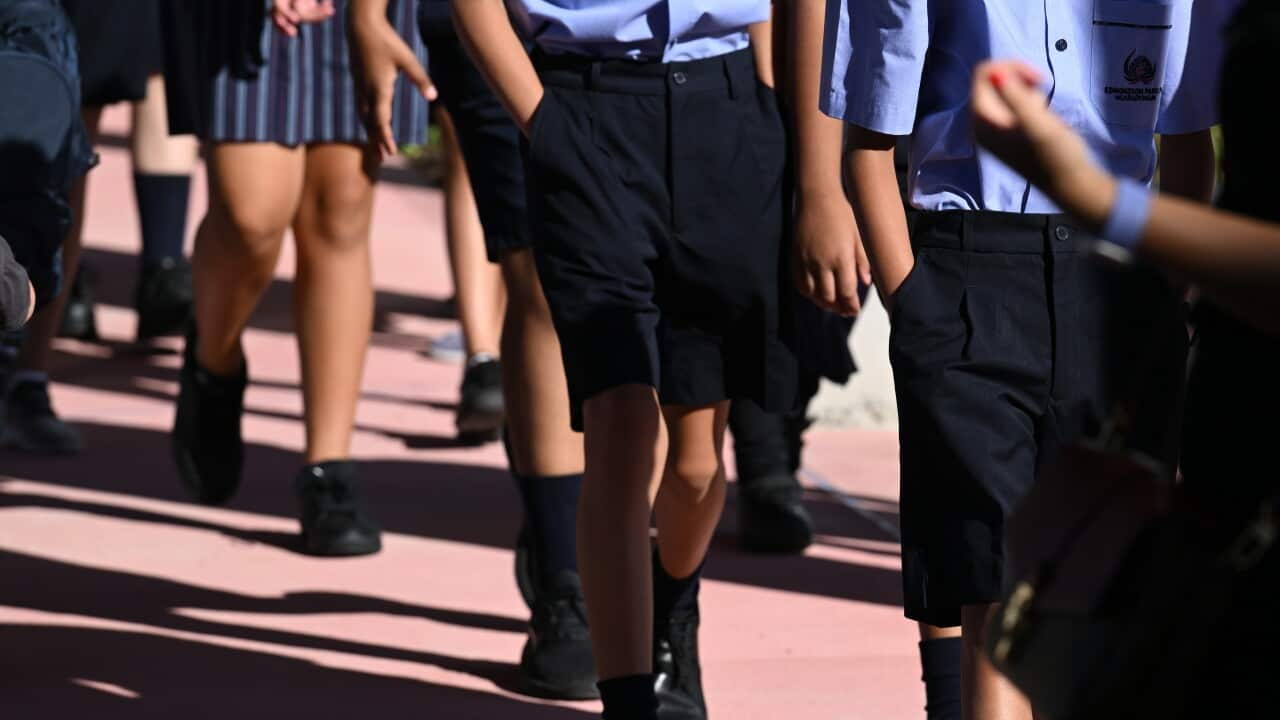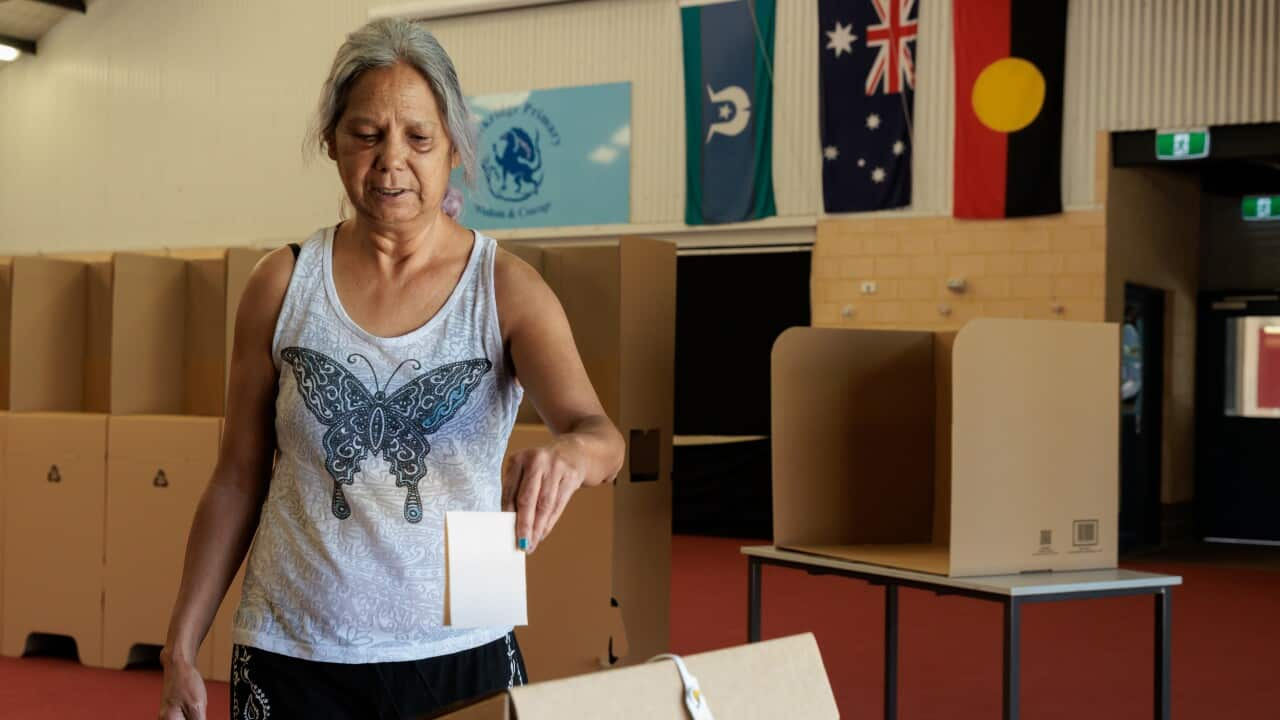An Australian National University (ANU) survey tracking 4,200 voters since January found 87 per cent of respondents think First Nations people deserve 'a voice', suggesting the proposed model at the referendum was what brought it undone.
Three-in-four (76 per cent) 'no' voters thought Indigenous people deserved a voice on key policies and political decisions, the study found.
The study also found strong support for "a formal truth-telling process to acknowledge the reality of Australia's shared history".
Greens senator Dorinda Cox said truth-telling was a must, suggesting Indigenous justice could only be found with a full appreciation of "Australia's brutal history".
"We need to rip off the scab off colonisation and expose the deep wound of intergenerational trauma … and how that impacted and continues to impact where we are now as First Nations people and as a nation," she told AAP.
"People need to see the historic reality of multiple massacres, assaults, enslavement and oppression that First Nations people endured and link that with the deep trauma it caused and still does."

The Greens Senator said truth-telling was crucial going forward. Source: AAP
The Uluru Statement from the Heart calls for truth-telling along with a voice and treaty.
The federal government has committed to deliver the Uluru statement in full, although it is unclear if that remains the case after the failed voice referendum.
Indigenous Australians Minister Linda Burney said last week conversations in Aboriginal communities had convinced her of a desire for a formal truth-telling process.
The unexpected support for both truth-telling and a First Nations consultative body highlighted possible community concerns about the referendum process, the researchers said.
"This raises serious questions about why the proposed referendum failed and saw more than 60 per cent of voters, and all states and territories except the ACT, categorically reject it," study co-author Nicholas Biddle said.
"Our findings suggest it is not so much the premise of recognition but the model that was being presented to voters at the referendum, among other key factors."
The study also found "widespread" support for constitutional recognition, although three-in-10 Australians said they were unsure and would have needed more detail.
About 41 per cent of 'no' voters supported constitutional recognition, according to ANU.
"Almost five times as many Australians (61.7 per cent) said they would definitely or probably would have voted 'yes' if there was a referendum on recognition compared to those who said that they would probably or definitely would have voted 'no' (12.5 per cent)," Professor Biddle said.
Full findings from ANU's study - which it says is the "largest and most comprehensive survey" on the voice - will be released on Tuesday.












